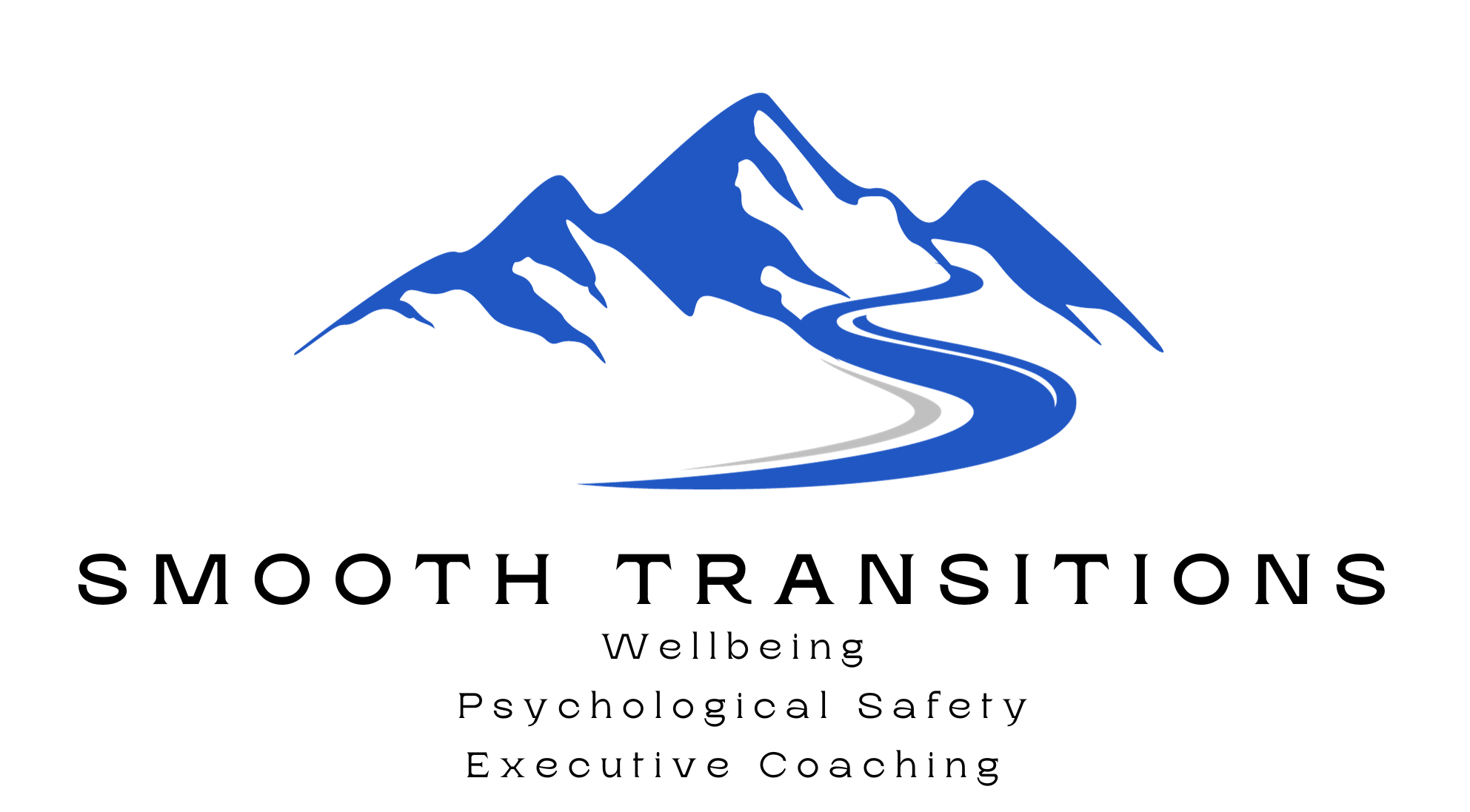What is psychological safety?
Two Boeing 747 jets collided fatally in the Canary Islands when the First Officer of one of them did not feel safe enough to challenge his Captain to wait for clearance from Air Traffic Control.
NASA’s Space Shuttle Columbia experienced a catastrophic re-entry to the earth’s atmosphere after an engineer who had earlier spotted what turned out to be the cause of the tragedy felt unable to speak up to his bosses.
Professor Amy Edmondson, Novartis Professor of Leadership and Management at Harvard Business School, is known worldwide for her pioneering work on psychological safety. In psychologically safe environments people believe that they will not be undermined, criticised, punished or humiliated if they speak up, offer ideas, ask questions or call attention to errors or potential errors. Such an environment does not, however, mean that people always agree with one another for the sake of being nice.
How will a psychologically safe team benefit your business or organisation?
It’s primarily about performance. In a psychologically safe team you will hear and get the best from all your team members. New team members will integrate and deliver quickly.

Research at Harvard Business School clearly shows that organisations with a higher level of psychological safety perform better on almost any metric in comparison to organisations that have a low psychological safety score.

Research at Google over the 5 years of Project Aristotle led to the identification of five distinctive metrics that have a significant effect on team performance. Psychological Safety is the essential parameter in these five. The other four factors of team effectiveness only prove to be valuable when a team is psychologically safe.
In practical terms this can translate into the following outcomes for your business or organisation:
- Enhanced wellbeing: your people will experience renewed health and mental alertness, greater energy and creativity, higher confidence, and greater readiness to contribute discretionary effort
- Increased profits: your effort-profitability ratio will improve
- Greater efficiency: you will make more of the resources you already have
- Timeliness of delivery: your services will be delivered to your clients in a more timely fashion
- Retention: you will retain your good people and your good clients (who will refer more business to you)
- Reputation: you will be known as a more attractive place to work and you will attract clients more easily
- Being valued by clients: your clients will rate you more favourably and will value you more
- Value from your employees: making your teams the best they can be means you will gain more value from the staff you have
A unique and pioneering approach
The Psychological Safety Index – the tool developed by Amy Edmondson to measure psychological safety in a team – is a comprehensively-researched tool, tested worldwide. It offers a scientific measurement and puts a hard number on the level of psychological safety.
Project Aristotle at Google overturned much previous thinking: it revealed that the highest-performing teams were not those with the best-qualified team members, nor those whose team members had similar personality traits, nor even those where team members liked each other or sought social contact with each other. The highest-performing teams were the most psychologically safe teams.
How does it work?
Easily accessible through a 7-question questionnaire that takes 3 minutes to complete, it is the only tool which offers such measurement, set in the context of the best-performing teams in a global context. It also provides a baseline for subsequent improvement within a team.
The questionnaire responses are debriefed with PSI-qualified consultants Brendan Beder and Lindsay Wittenberg, to explore what attitudes and behaviours lie behind the scores, what’s working well and what team members would like to change.
Brendan's podcast on Psychological Safety for the UK Legal Profession
Listen to Brendan's 30-minute interview with immigration law barrister Adam Pipe to hear more about how psychological safety can benefit the UK legal profession.
Optional coaching in a confidential setting enables each team member to embed their learning from the debrief in developing new thinking and new behaviours, so as to achieve the changes that they want. Equally, coaching addresses the challenges that individuals experience in the translation of their learning into change.
Contact us in confidence to discuss your specific needs
Brendan Beder
Lindsay Wittenberg
team performance, innovation, learning, and personal success
 Sidebar Menu
Sidebar Menu
